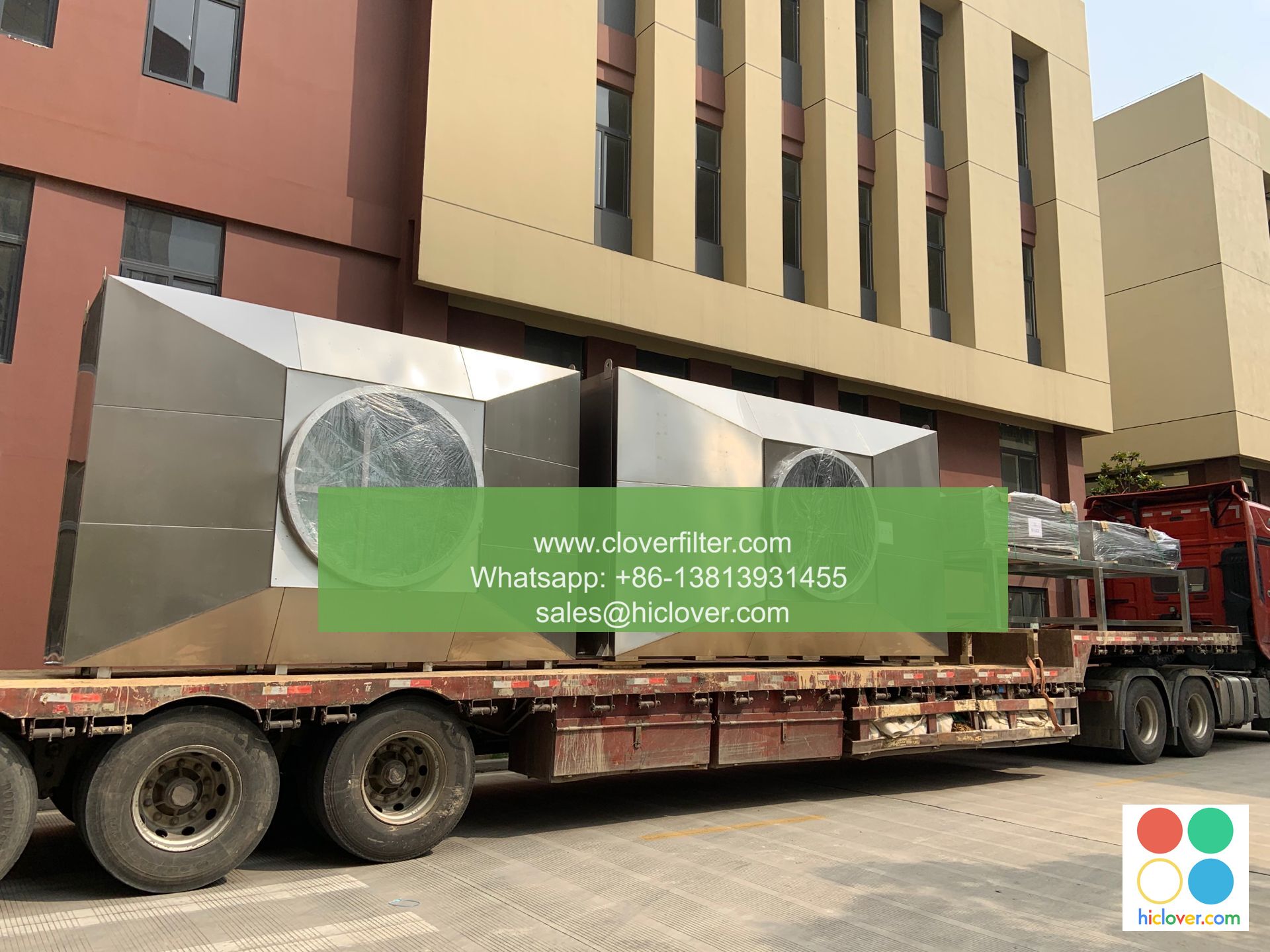Air Filter Maintenance: Tips and Best Practices for Optimal Performance

Air Filter Maintenance: Tips and Best Practices for Optimal Performance
Maintaining your air filters is crucial to ensure optimal performance, extend their lifespan, and save money on energy bills. In this article, we’ll dive into the key tips and best practices for air filter maintenance, covering various application areas.
Key Words: Air Filter Maintenance, Optimal Performance, Energy Efficiency, Extended Lifespan
Introduction
Air filters play a vital role in maintaining indoor and outdoor air quality, removing pollutants, and reducing energy consumption. With so many options available, selecting the right air filter for your specific needs can be overwhelming. Proper installation, regular cleaning, and periodic replacement are essential to ensure optimal performance, extend the filter’s lifespan, and minimize energy bills.
Filter Installation and Setup
For correct installation, refer to the manufacturer’s guidelines. Ensure a snug fit, and secure the filter to the air handler or HVAC system to prevent air leaks. For routine cleaning, follow these steps:
- Gently vacuum both sides of the filter using a soft-bristled brush to remove surface debris.
- Wet a cloth with water, and gently wipe each side to remove any remaining dirt and debris.
- Avoid using harsh chemicals, rough cloths, or high-pressure washes, which can compromise the filter’s performance and durability.
Regular Inspection and Replacement
Regularly inspect your air filters to:
- Check the filter’s MERV rating, ensuring it matches your HVAC system’s specifications and indoor air quality requirements.
- Verify the filter’s cleanliness, closely inspecting for streaks, tears, or damaged layers.
- Monitor the filter’s length of use, replacing it as recommended by the manufacturer or when it reaches maximum capacity.
Best Practices for High-Denosity Applications
For high-density applications, such as industrial or commercial buildings, consider the following:
- Specify HEPA-grade filters for optimal air quality and particle removal.
- Implement a filter change-out program, scheduling regular replacements to ensure continuous performance.
- Monitor filter performance using data logging and analytics to identify areas for improvement.
Eco-Friendly Options and Energy Efficiency
When choosing air filters, consider eco-friendly options, such as:
- Permanent washable filters, designed for repeated cleaning and reuse.
- Recyclable filters, made from sustainable materials, such as recycled content or biodegradable materials.
- Energy-efficient filters, designed to reduce energy consumption and lower running costs.
Conclusion
Regular air filter maintenance is crucial for optimal performance, energy efficiency, and extended lifespan. By following these key tips and best practices, you’ll ensure:
- Improved indoor air quality and a healthier environment
- Reduced energy consumption and lower energy bills
- Extended filter lifespan and minimized replacements
- Optimal performance from your HVAC system
By incorporating these guidelines into your air filter maintenance routine, you’ll be well on your way to a healthier, more efficient, and cost-effective indoor and outdoor environment.
It looks like you didn’t quite finish your question! Can you please re-submit it or give me more context so I can better understand what you’re looking for?


